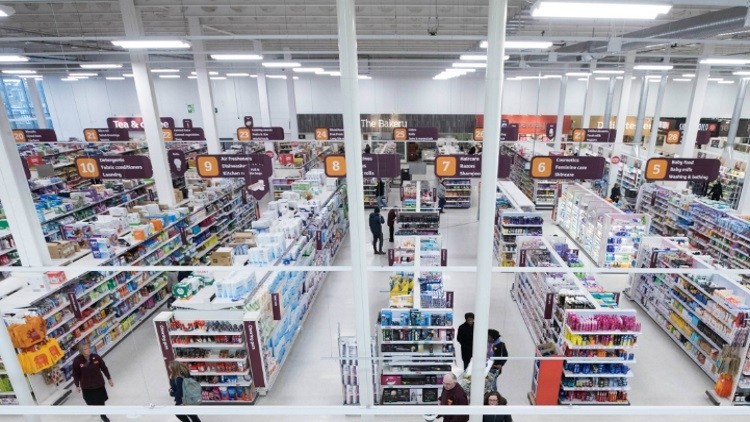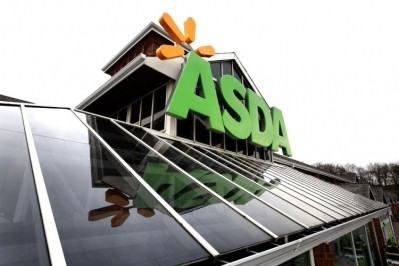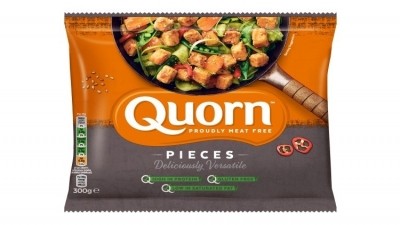Sainsbury’s/Asda merger causes supply chain concern

In its statement confirming the merger plans, Sainsbury’s and Asda claimed the deal would "create opportunities" for suppliers.
The retailers said there would be “significant opportunities for suppliers to develop differentiated product ranges, become more streamlined and grow their businesses as the combined business grows”.
Mike Coupe, group chief executive of Sainsbury’s, said: “This merger will offer suppliers great efficiency and, because of the scale of the business, offer opportunity to grow.”
The combined businesses revealed they also expected to lower prices by 10% on “many of the products customers buy regularly” and did not plan to close any stores.
However, analysts have expressed concern over the deal’s impact on suppliers.
Clive Black from Shore Capital told Food Manufacture: “There are few good points here for suppliers, duopoly rarely is [good for suppliers]; of the £500m of synergies, £350m are set to come from the trade, what is good about that?”
He also questioned the reasons behind the deal and how it would play out in terms of retail offering.
“Two businesses that cannot find a way to grow through shopkeeping and so are combining. This is a merger from positions of weakness not strength; Walmart is capitulating, Sainsbury’s is bulking up from a position of falling profits and weakening guidance,” said Black. “Running two fascias is very challenging, difficult and complex... culturally these are very different businesses that have been competing, now they are supposed to collude.”
He was elaborating on a research note issued by Shore Capital earlier today, stating: “The supply chain will be quite guarded with respect to this proposed deal to us. Unless share gains through volumes can be generated, then we sense that there will be a circumspect and cautious supply industry.”
Paul Mumford at Cavendish Asset Management also questioned the impact on suppliers. “This will obviously create a mighty force. But the big questions now are what influence will Walmart have on the group? And where does this leave other players? Sainsbury’s already has a big challenge to show that the Argos acquisition is bearing fruit, and now it’s faced with driving cost synergies from Asda.
“The indicated 10% lower prices on regularly bought products will have raised eyebrows among the food producers, who will fear another squeeze on margins.”
National Sheep Association chief executive Phil Stocker was vocal in his opposition to the deal. “This loss of competition in the marketplace, and an increased imbalance in the supply chain, cannot be in the long term interests of food producers, nor in my mind of society at large. It may result in reduced prices, but all this will lead to is less realisation of the value of food and a host of things being lost that may be invisible today but will become very visible at some stage in the future.”
Staffing
Both Sainsbury’s and Asda believe that no stores will be forced to close, should there be a Competition and Markets Authority (CMA) investigation, saying that the footprint of the two businesses was “extremely complementary”. Between the two retail chains, they have a store count of 2,800 sites and 33,000 employees.
In a statement from the CMA, it said that the merger was “likely to be subject to review”.
Tim Roache, workers’ union GMB general secretary, said: “Hundreds of thousands of workers stand to be affected, and we all know such announcements tend to be followed by management speak like ‘rationalisation’ in the name of ‘efficiency’. What that usually means is job losses or cuts to pay, terms and conditions which would be wholly unacceptable.”
Unite acting national officer for food and drink Joe Clarke said: “Sainsbury’s workers are in a state of shock at the prospect of a merger with Asda.
“Long-serving store staff were already facing the imposition of a ‘sack or sign’ contract, the loss of Sunday premium pay and paid breaks, in addition to no increase in salary until 2020. They, along with their colleagues in warehousing and logistics, now face the uncertainty of a proposed merger, the threat of more job losses and the possibility of store closures.”















